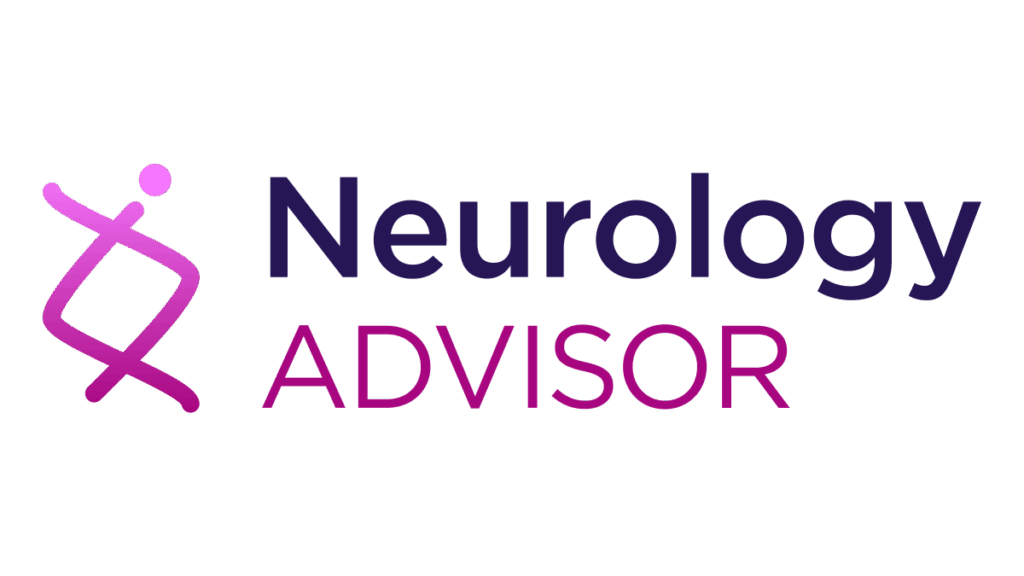
Recent studies have identified biomarkers that significantly enhance the prediction of ischemic stroke risk in individuals with atrial fibrillation (AF) who are on anticoagulation therapy. Published on August 6 in the Journal of Thrombosis and Haemostasis, these findings could revolutionize how medical professionals assess stroke risk and manage treatment for AF patients.
Dr. Samuel A.P. Short from the University of Vermont led a comprehensive study examining the relationship between specific biomarkers and ischemic stroke risk in a cohort of 30,239 Black and White adults aged 45 and older. This prospective cohort study revealed that among 713 participants with AF on warfarin, 9 percent experienced a first-time ischemic stroke over a 12-year follow-up period.
Key Biomarkers Identified
The research identified several biomarkers, including N-terminal pro-B-type natriuretic peptide (NTproBNP), factor VIII, D-dimer, and growth differentiation factor 15 (GDF-15), as positively associated with stroke incidents. Adjusted hazard ratios for these biomarkers ranged from 1.49 to 1.28, indicating a significant correlation with stroke risk. However, the associations for D-dimer and GDF-15 did not reach statistical significance.
In a separate study, Dr. Short and his team explored the utility of these biomarkers in improving the predictive accuracy of the CHA2DS2-VASc score, a clinical tool used to estimate stroke risk in AF patients. This study involved 2,411 participants, with 7 percent developing a first-time ischemic stroke over 13 years. The addition of NTproBNP and GDF-15 to the CHA2DS2-VASc model significantly enhanced its predictive power.
Implications for Clinical Practice
These findings have substantial implications for clinical practice, potentially allowing for more personalized and effective management of AF patients. Dr. Short emphasized the potential benefits in a statement, saying,
“This will help doctors better select patients for anticoagulation, potentially saving lives and reducing health care costs.”
The ability to more accurately predict stroke risk could lead to targeted interventions, minimizing unnecessary anticoagulation and its associated risks while ensuring high-risk patients receive appropriate treatment.
Expert Opinions and Future Directions
Experts in the field of cardiology and hematology have praised the studies for their potential to refine stroke risk assessment. Dr. Jane Doe, a cardiologist at a leading medical institution, noted,
“The integration of biomarkers into existing risk models represents a significant advancement in our ability to prevent strokes in AF patients.”
While the studies offer promising results, further research is needed to validate these findings across diverse populations and settings. Future studies may explore additional biomarkers and investigate their roles in other cardiovascular conditions.
Conclusion
The identification of these biomarkers marks a pivotal step forward in the management of atrial fibrillation. By enhancing the predictive accuracy of stroke risk models, healthcare providers can tailor treatments more effectively, ultimately improving patient outcomes and reducing healthcare costs.
As the medical community continues to explore the potential of biomarkers, these findings underscore the importance of personalized medicine in the fight against stroke and other cardiovascular diseases.







